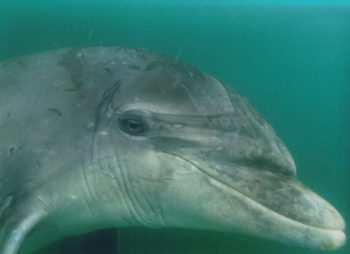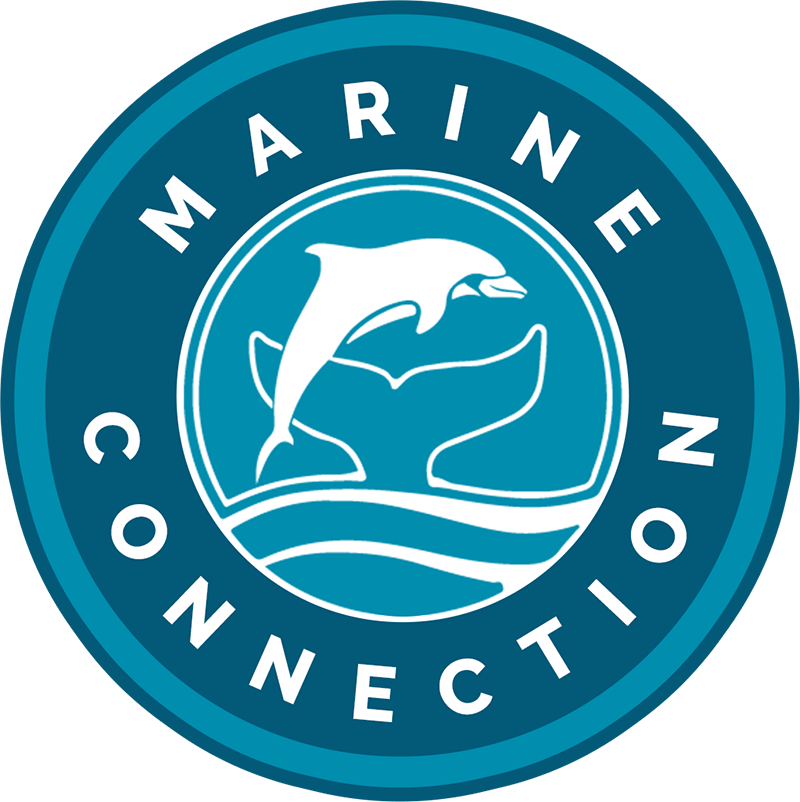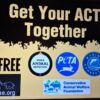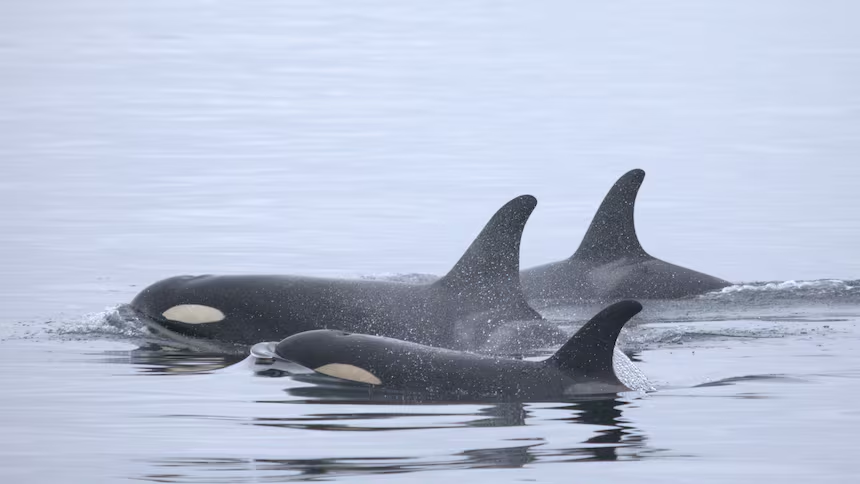
It’s now been five years since Fungie, the world-famous bottlenose dolphin, was last seen in the waters of Dingle, Ireland. First appearing in 1983, Fungie captured hearts both locally and internationally by choosing to live alone yet interact daily with humans in Dingle Bay for nearly four decades. Then, one day in 2020, he vanished—never to return.
Fungie’s disappearance left a profound void, not just in the community of Dingle but in the wider world that came to know and love him. His unique story continues to live on through shared memories, the countless visitors he inspired, and the enduring legacy he leaves behind.
At the time, Marine Connection worked alongside Guinness World Records to officially recognise Fungie as the world’s oldest solitary sociable dolphin—a title now passed on to JoJo, another remarkable bottlenose dolphin who has been engaging with people for over 40 years around the Turks and Caicos Islands.
Liz Sandeman, co-founder of Marine Connection, reflects, “Meeting Fungie over 30 years ago truly changed my life. Encountering such an intelligent and curious creature in the wild stirred something profound within me. It wasn’t just awe—it was a deep sense of responsibility. In that moment, I knew I wanted to dedicate my life to protecting dolphins, whales, and the fragile marine ecosystems they call home. Though Fungie may be gone, his spirit will forever be part of Dingle—and part of me.”
Fungie was more than a tourist attraction—he was a living bridge between species, a symbol of trust, and a reminder of the deep connection between humans and wildlife.
His story also highlights the importance of protecting solitary sociable dolphins—a rare and vulnerable group of individuals who, like Fungie and JoJo, choose to interact with humans rather than stay with dolphin pods. These dolphins are often at risk due to a lack of legal protection, human interference, or unsafe encounters.
To truly honour Fungie’s legacy, we must ensure stronger laws and better protections for solitary dolphins worldwide.
Learn more about these unique animals, our work to protect their safety and freedom



